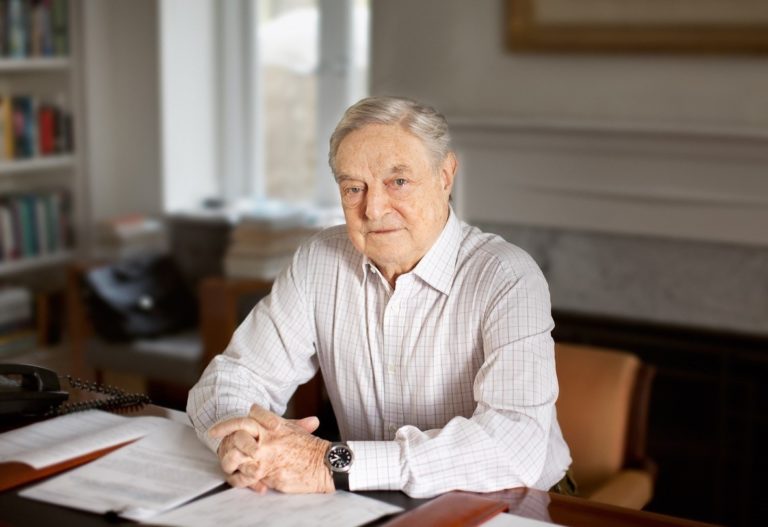The EU cannot afford to compromise on the new rule-of-law provisions it will apply to the funds it allocates to member states according to George Soros. The European Council will have to decide soon to ensure funding for next budget period.
The Hungarian-American financier and philanthropist George Soros, 90, is a Holocaust survivor who has donated a large part of his wealth to different philanthropic causes and to supporting civil society and education in post-Soviet countries through his Open Society Foundations. The Hungarian government is vilifying him as an enemy but Soros does not owe it an answer.
In an article yesterday, he writes that, “How the EU responds to the challenge to those provisions now posed by Hungary and Poland will determine whether it survives as an open society true to the values upon which it was founded.”
The two countries have threatened to veto the approval of the EU budget for 2021 – 2027 because of the rule of law conditionality which for the first time allows for the suspension or reduction of payments if the principles of the rule of law are not respected by the member states.
In his article, Soros argues that that if there is no agreement on a new EU budget, the old budget which expires at the end of 2020 could be extended on a yearly basis. In this scenario, Poland and Hungary would risk not receiving any payments under the new rule of law conditions.
He also backs a proposal that the €750 billion recovery fund could be implemented by using an “enhanced co-operation procedure”.
He labels the threat to veto the budget as “a desperate gamble by two serial violators” – an attempt by Viktor Orbán and “to a lesser extent” Jaroslaw Kaczyński to oppose EU’s attempts at placing “a practical limit on personal and political corruption”.
Soros claims that the Hungarian Prime-Minister “has constructed an elaborate kleptocratic system to rob the country blind”. This includes transferring “vast sums of public money to private foundations that he indirectly controls".
Furthermore, there have been “fraudulent transactions” during the coronavirus crisis, in which companies close to the Prime-Minister has purchased thousands of ventilators on behalf of Hungary for excessive sums, “far exceeding the number of intensive care beds and medical personnel that could operate the ventilators”.
A video-conference with the leaders of the European Council will take place today (19 November). The conference will focus on the EU response to the COVID-19 pandemic but is expected also to deal with finding a solution to the rule of law conditionality.
M.Apelblat
The Brussels Times

